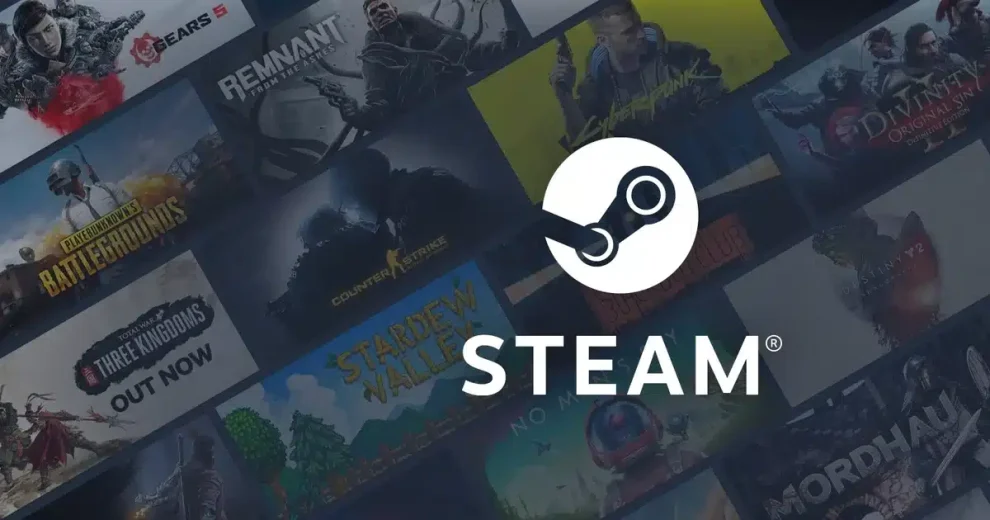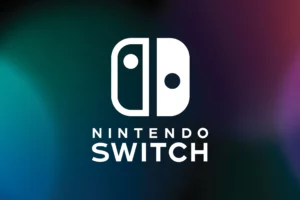Valve Corporation, the company behind the popular digital distribution platform Steam, has implemented a significant change to its purchasing process. As of this week, Steam now explicitly warns customers that when they “buy” a game, they are, in fact, only purchasing a license to use the software, not ownership of the game itself. This development has ignited a fierce debate about digital ownership, consumer rights, and the future of the gaming industry.
The New Warning: What It Says and Why It Matters
Upon attempting to make a purchase on Steam, users are now confronted with a clear and unambiguous message: “You are purchasing a license for the content and services, not the content and services themselves.” This statement is followed by a brief explanation of what this means for the consumer, including limitations on resale, transfer, and the potential for access to be revoked under certain circumstances.
This move by Valve is seen as a response to growing scrutiny from consumer rights advocates and legal challenges in various jurisdictions regarding the nature of digital purchases. By making this distinction clear at the point of sale, Valve appears to be attempting to head off potential legal issues and manage consumer expectations.
Legal expert Sarah Johnson, specializing in digital rights, comments: “This warning is Valve’s way of aligning their user agreement with the actual transaction taking place. It’s a pre-emptive measure against potential lawsuits claiming false advertising or misrepresentation of what’s being sold.”

The Legal Landscape: Why Now?
The timing of this change is not coincidental. Recent legal battles and regulatory scrutiny have put pressure on digital marketplaces to be more transparent about the nature of digital purchases. Notable cases include:
- The French consumer group UFC-Que Choisir’s lawsuit against Valve in 2015, which argued that Steam’s subscriber agreement was anti-consumer.
- The European Union’s Digital Content Directive, which came into effect in 2022, requiring clearer terms for digital content and services.
- A class-action lawsuit in the United States challenging the inability to resell digital games, drawing parallels to physical media resale rights.
These legal challenges have forced digital platforms to reconsider how they present their services to consumers. Valve’s move may be seen as an attempt to get ahead of potential regulatory action or court decisions that could mandate such disclosures.
Consumer Reaction: Mixed Feelings in the Gaming Community
The reaction from the gaming community has been mixed, with many expressing surprise and disappointment at the explicit nature of the warning.
John Smith, a long-time Steam user, expresses his frustration: “I’ve spent thousands of dollars on my Steam library over the years. To be told so bluntly that I don’t actually own any of these games is a bit of a shock, even if I knew it deep down.
On the other hand, some gamers appreciate the transparency. Emily Chen, a game developer and Steam user, notes: “It’s about time this was made clear. As someone in the industry, I’ve always known this was the case, but many consumers didn’t realize the implications of digital purchases.”
Gaming forums and social media platforms have been abuzz with discussions about the implications of this change:
- Some users are calling for a boycott of digital platforms and a return to physical media.
- Others are demanding new consumer protections specific to digital goods.
- Many are questioning the long-term value of their digital libraries.
Industry Impact: A Domino Effect?
Valve’s decision to implement this warning could have far-reaching consequences for the gaming industry as a whole. Other digital marketplaces, such as the Epic Games Store, GOG, and console-specific stores like PlayStation Network and Xbox Live, may feel pressure to follow suit.
Industry analyst Michael Brown predicts: “We’re likely to see a domino effect here. Other platforms will need to make similar disclosures to avoid appearing less transparent than Steam. This could lead to a industry-wide reassessment of how digital goods are marketed and sold.
This shift could also impact how games are priced and marketed. If consumers become more aware of the temporary nature of their purchases, they may be less willing to pay premium prices for digital titles.
The Broader Implications: Digital Ownership in the 21st Century
The issues raised by Steam’s new warning extend far beyond the gaming industry. As more and more of our lives move into the digital realm, questions of ownership and rights in the digital space become increasingly pertinent.
Dr. Lisa Thompson, a digital rights researcher at MIT, explains: “This isn’t just about games. It’s about e-books, digital music, streaming services, and even things like cryptocurrencies. We’re in an era where the concept of ownership is being fundamentally redefined by technology.”
Some key questions being raised include:
- Should digital goods be treated differently from physical goods under consumer protection laws?
- How can consumers ensure long-term access to digital content they’ve paid for?
- What rights should consumers have when it comes to transferring or reselling digital licenses?
- How does the concept of digital estates work when someone passes away?
These questions are becoming increasingly urgent as more aspects of our culture and economy move into the digital realm.
Potential Solutions and Future Directions
As the debate rages on, various stakeholders are proposing potential solutions to address the concerns raised by digital licensing:
- Blockchain-based ownership: Some tech enthusiasts suggest using blockchain technology to create verifiable, transferable digital ownership records.
- New legislative frameworks: Consumer advocacy groups are calling for updated laws that specifically address digital goods and services.
- Platform-agnostic licenses: There are proposals for standardized digital licenses that could work across multiple platforms, similar to how you can play a DVD on any brand of player.
- Hybrid models: Some suggest a mix of licensing and ownership, where consumers could pay extra for more permanent rights to digital content.
- Subscription-based future: Others argue that individual purchases may give way entirely to subscription models, where consumers pay for access rather than ownership.
The Publisher’s Perspective: Why Licensing Matters
While much of the discussion has focused on consumer rights, it’s important to understand why publishers and platforms prefer the licensing model. Mark Johnson, CEO of a mid-sized game publishing company, offers insight:
“Licensing allows us to maintain control over our intellectual property, implement necessary updates, and yes, continue to monetize our work. It also helps us combat piracy and manage regional price differences. Without these protections, many games simply wouldn’t be financially viable to produce.”
This perspective highlights the delicate balance between consumer rights and the economic realities of game development and distribution.
What This Means for the Future of Gaming
As the dust settles on Valve’s announcement, it’s clear that this move could mark a turning point in how we think about digital game purchases. Some potential outcomes include:
- Increased demand for DRM-free options: Platforms like GOG, which offer DRM-free games, may see increased interest from consumers seeking more control over their purchases.
- Revival of physical media: There could be a resurgence in demand for physical game copies, especially for collectors and those concerned about long-term access.
- New business models: We may see the emergence of new pricing structures or ownership models that attempt to bridge the gap between licensing and traditional ownership.
- Greater emphasis on game preservation: The issues raised by digital licensing could fuel efforts to preserve games for historical and cultural purposes.
- Shift in consumer behavior: Gamers may become more selective in their purchases, waiting for deep discounts or opting for subscription services instead of individual game purchases.
A Wake-Up Call for the Digital Age
Valve’s decision to explicitly warn customers about the nature of their purchases on Steam is more than just a change in terms of service. It’s a wake-up call that forces us to confront the realities of digital ownership in the 21st century.
As we move forward, it’s clear that the conversation around digital rights and ownership will only intensify. Consumers, developers, publishers, and lawmakers will need to work together to find solutions that balance the needs of all stakeholders in the digital ecosystem.
For now, gamers are left to ponder the value of their digital libraries and what it truly means to “own” a game in the digital age. As one forum user aptly put it: “I guess I don’t own my games, but they don’t own me either. It’s complicated.”
Indeed, as we navigate this new digital landscape, “complicated” may be the most accurate description of our relationship with the content we consume. Valve’s warning is just the beginning of what promises to be a long and complex conversation about the nature of ownership in the digital world.
















Add Comment